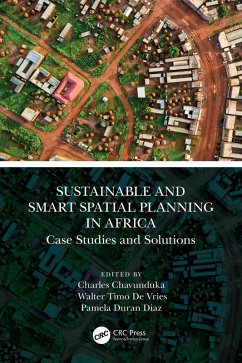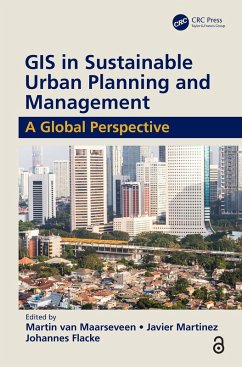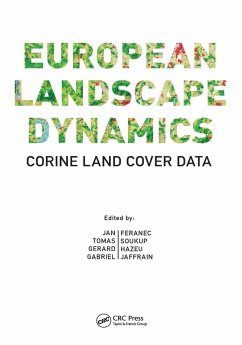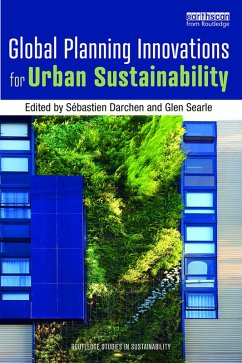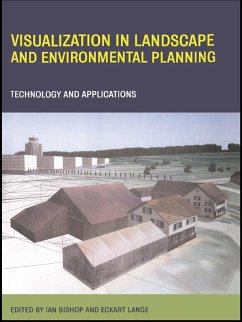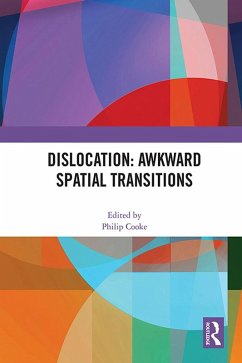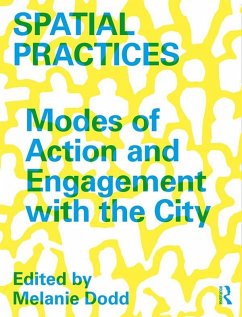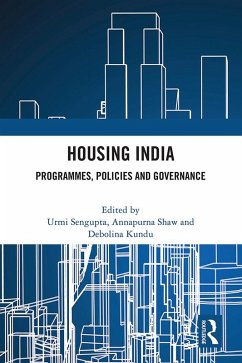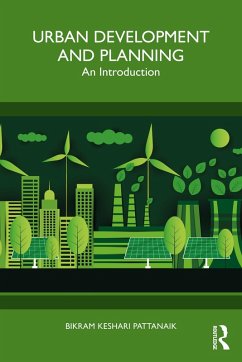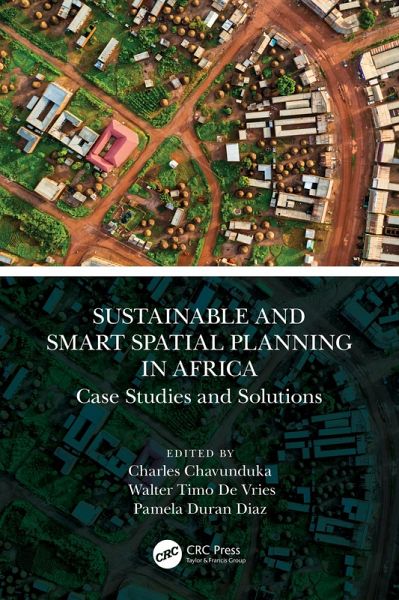
Sustainable and Smart Spatial Planning in Africa (eBook, PDF)
Case Studies and Solutions
Redaktion: Chavunduka, Charles; Duran Diaz, Pamela; de Vries, Walter Timo
Versandkostenfrei!
Sofort per Download lieferbar
45,95 €
inkl. MwSt.
Weitere Ausgaben:

PAYBACK Punkte
23 °P sammeln!
This book clarifies the smart city concept that is gaining application in Sub - Saharan Africa. It shows how the smart concept can be used to address problems that would be difficult and more expensive to solve using traditional techniques such as employment creation. This is done through elaboration of the African interpretation of smartness, using tools for smart solid waste management, e-governance, smart energy, and smart infrastructure. The case studies selected, and each chapter explain a different dimension of the smart city concept and offer innovative solutions to problems of rapid ur...
This book clarifies the smart city concept that is gaining application in Sub - Saharan Africa. It shows how the smart concept can be used to address problems that would be difficult and more expensive to solve using traditional techniques such as employment creation. This is done through elaboration of the African interpretation of smartness, using tools for smart solid waste management, e-governance, smart energy, and smart infrastructure. The case studies selected, and each chapter explain a different dimension of the smart city concept and offer innovative solutions to problems of rapid urbanization. It lays the theoretical foundation for further research on smart cities and rural areas in Africa.
Dieser Download kann aus rechtlichen Gründen nur mit Rechnungsadresse in A, B, BG, CY, CZ, D, DK, EW, E, FIN, F, GR, HR, H, IRL, I, LT, L, LR, M, NL, PL, P, R, S, SLO, SK ausgeliefert werden.




